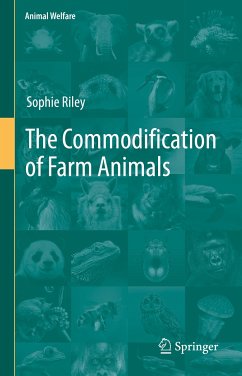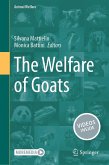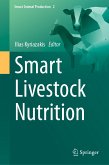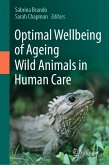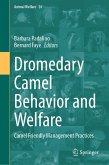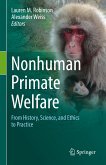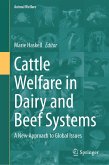This book examines how the developments in veterinary science, philosophy, economics and law converged during the nineteenth and early twentieth centuries to entrench farm animals along a commodification pathway. It covers two neglected areas of study; the importance of international veterinary conferences to domestic regimes and the influence of early global treaties that dealt with animal health on domestic quarantine measures. The author concludes by arguing that society needs to reconsider its understanding and the place of the welfare paradigm in animal production systems. As it presently stands, this paradigm can be used to justify almost any self-serving reason to abrogate ethical principles. The topic of this book will appeal to a wide readership; not only scholars, students and educators but also people involved in animal production, interested parties and experts in the animal welfare and animal rights sector, as well as policy-makers and regulators, who will find this work informative and thought-provoking. "Dr Sophie Riley's book adds notably to the texts already available on animal welfare law. Starting with an historical analysis and describing the economic and commercial forces that are at work, Dr Riley demonstrates the dangers of unbridled commodification of farm animals. She invokes international law to analyze and evaluate the development of 'quarantine treaties'. There must be re-engagement with ethical principles to bring the human mind into focus upon our empathy with animal species. Animals are not just things. Fortunately, increasing numbers of citizens are coming to realize this and to demand change. Dr Riley's book explains why the change is happening and should accelerate." The Honourable Michael Kirby AC CMG, Sydney, Australia
Dieser Download kann aus rechtlichen Gründen nur mit Rechnungsadresse in A, B, BG, CY, CZ, D, DK, EW, E, FIN, F, GR, HR, H, IRL, I, LT, L, LR, M, NL, PL, P, R, S, SLO, SK ausgeliefert werden.

